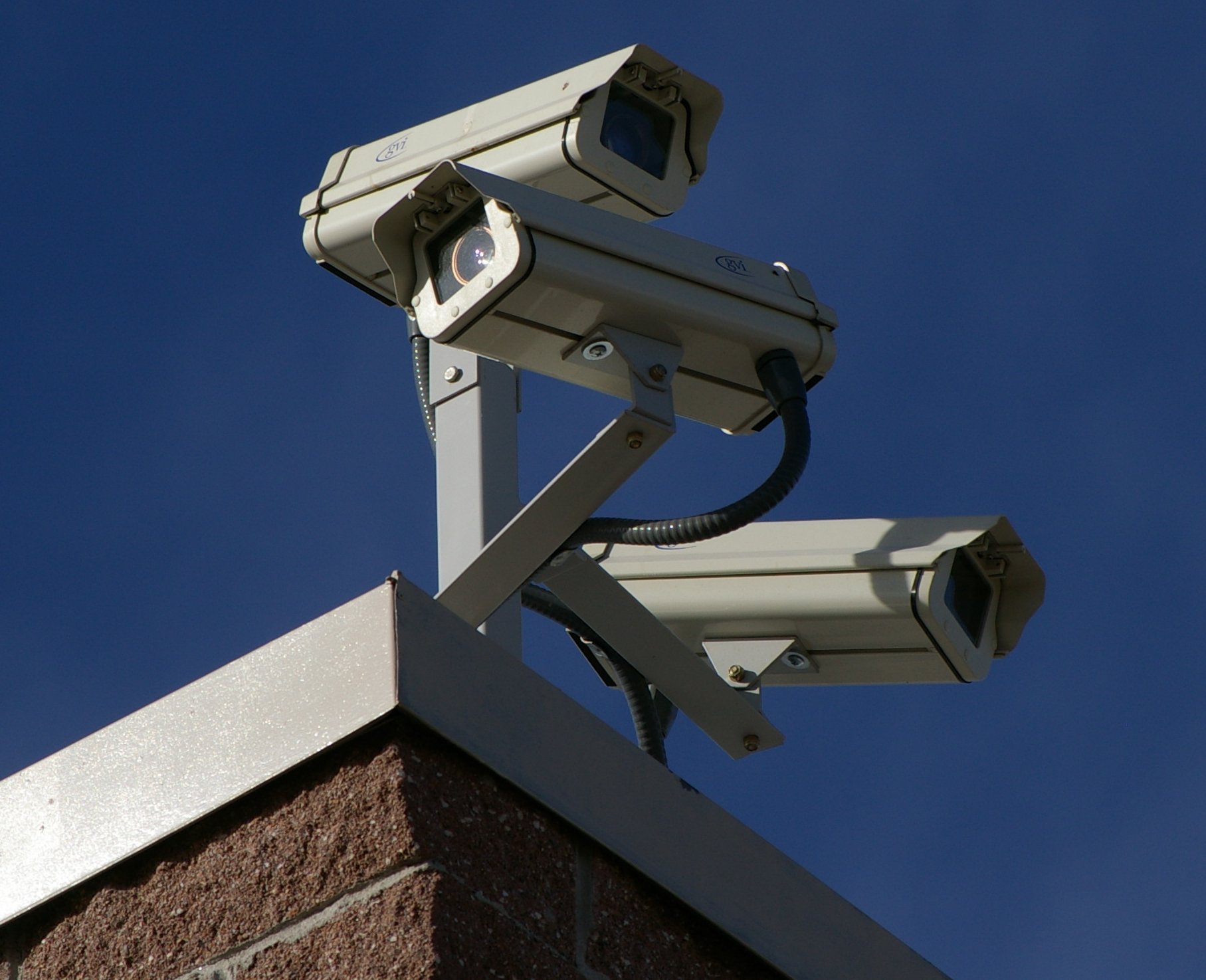Last week, ex-CIA contractor Edward Snowden came forward to tell America that the NSA has been conducting a secret, nationwide surveillance campaign in the wake of the Boston Marathon Bombings this past April. Details of the campaign are slowly coming to light, but suggest that the NSA demanded from Verizon telephone data on individual American citizens, and has developed a data mining program with direct access to emails, chat logs and other data stored on the servers of Google, Facebook, Microsoft, Yahoo, AOL and Apple. In leaking this information, classified top-secret by the NSA, Edward Snowden chose to face decades in jail to bring to light what he considers an Orwellian breach of American privacy.
While many applaud his decision as an act of self-sacrifice protecting Americans from abuse by their own government. A recent poll by the Washington Post revealed that a slim majority of Americans are willing to accept the NSA’s surveillance of their personal emails and phone calls, if conducted in the name of a terrorist investigation. The poll also shows that Democrats are much more willing to choose security over privacy now than during the Bush era. One must wonder whether such surveillance would have been as well received if the Boston Marathon Bombings were not so fresh in everyone’s mind. Having watched the military style police vehicles roll past my Boston apartment with the city in lockdown, I have seen how willingly people forsake their liberties when they perceive a threat. It is unfortunate then that no matter how secure our countermeasures are, we can never become fully protected from all threats.

